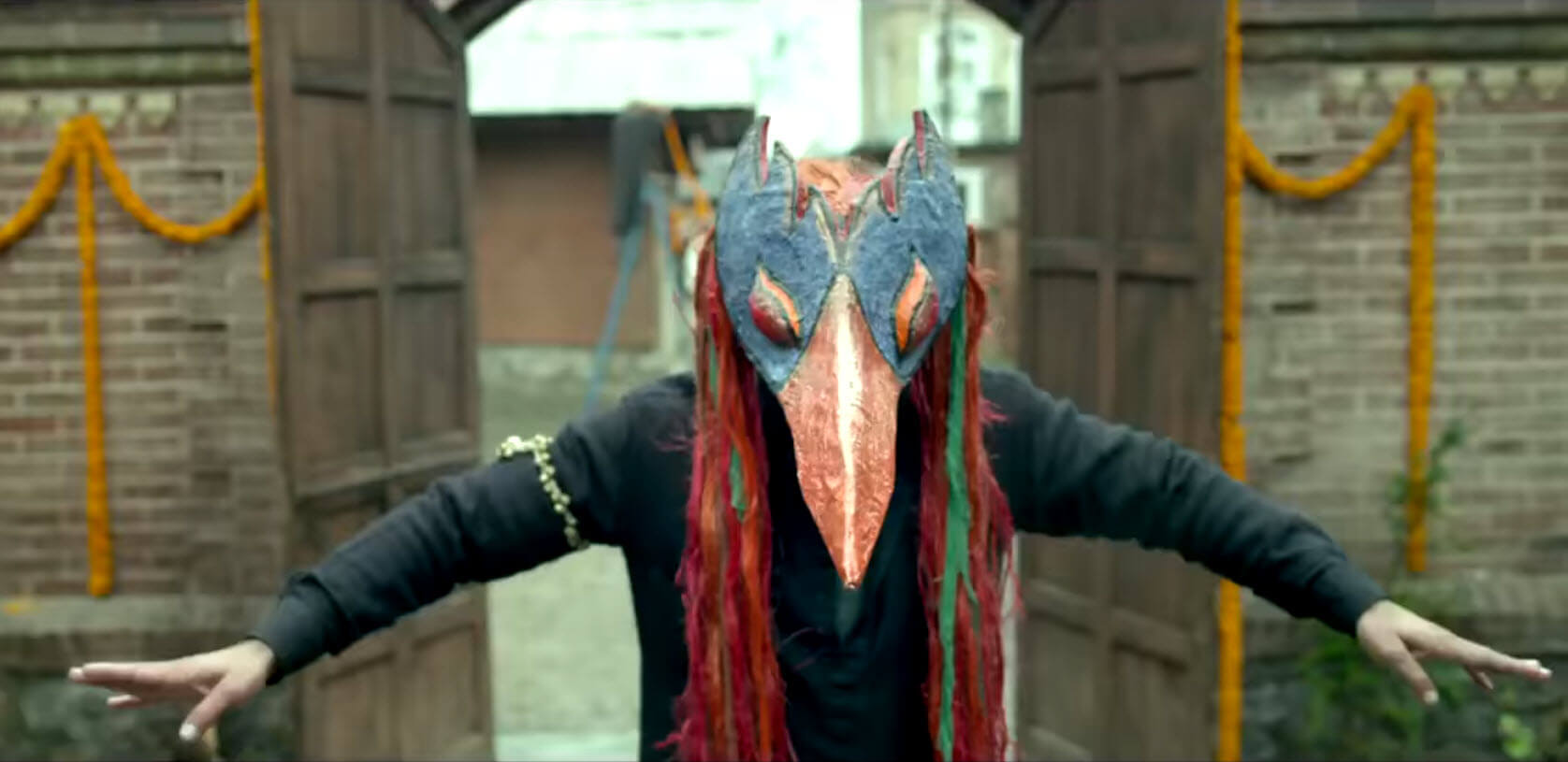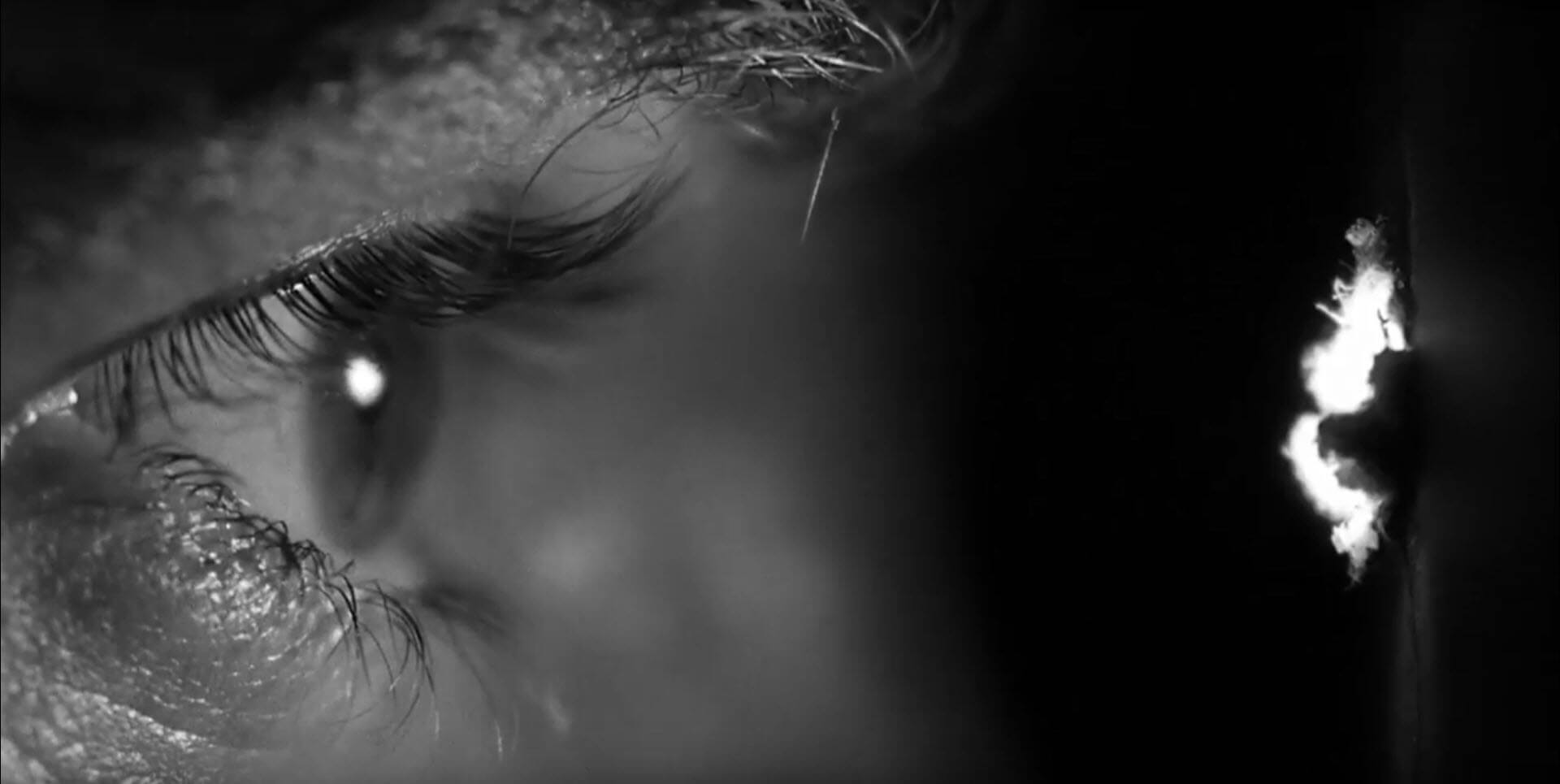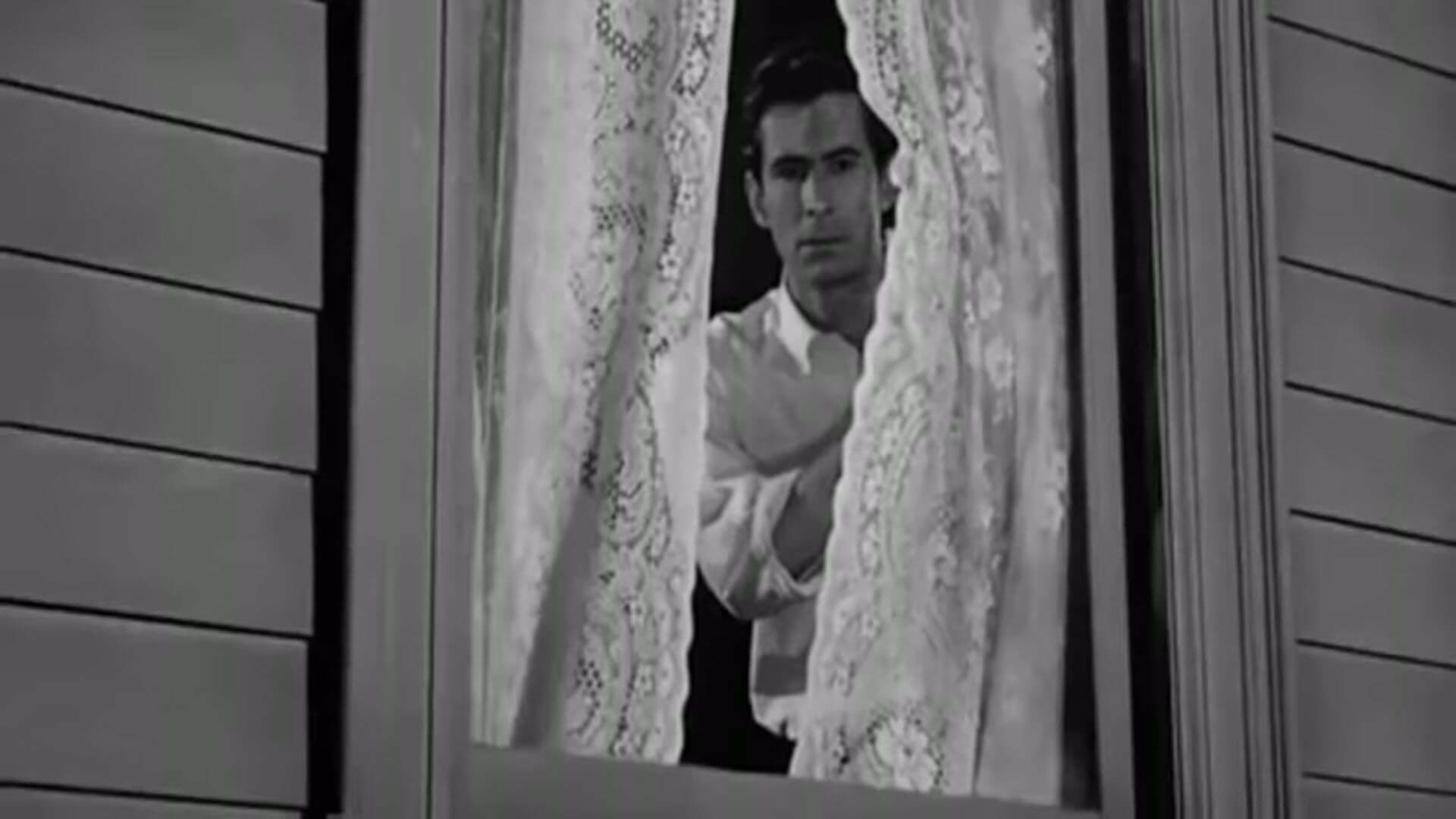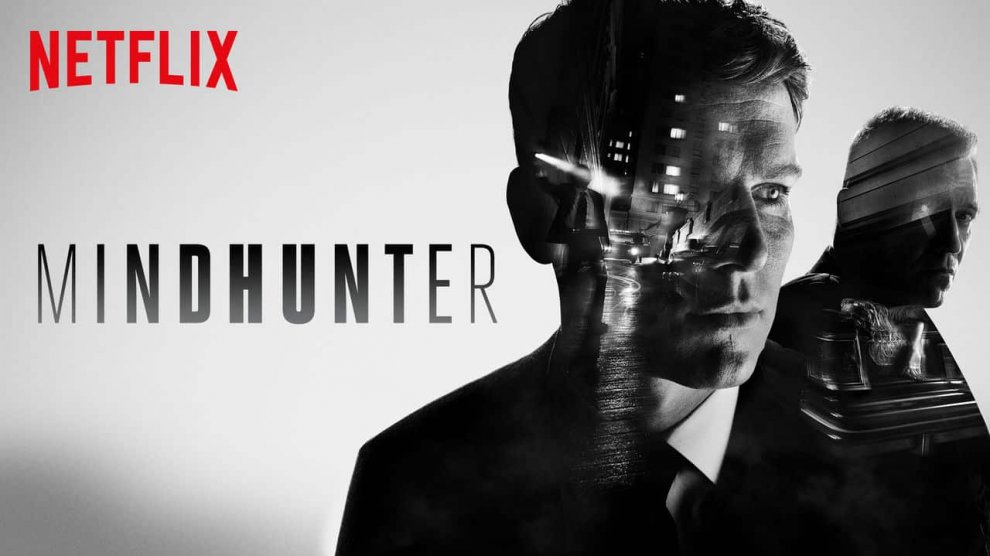- Critic's Rating - 8/108/10
Mindhunter – Netflix Original drama
This article does, in no way, suggest that irresponsible mothers are the sole reason for maniacal behavior. With this article, we are merely trying to understand how different shows and movies, involving psychotic/maniacal characters, understand the relationship of a mother and a deranged child and how the genesis of demented minds is, often, home.
Mindhunter is a Netflix Original drama and David Fincher and Charlize Theron are credited as the Creative/Executive Producers on this show. This is based on a book of the same name, written by John E. Douglas and Mark Olshaker, both retired FBI agents. The series is a fictionalized version of their encounters with ‘Serial Killers‘, apparently a term that was coined by the two. The show is a study of the psychotic mind.

Agent Ford and agent Tench, start a research programme, which they call the Behavioral science. The elaborate conversations these two agents have with the psycho killers have the kind of coldness that is trademark Fincher. The child-like innocence of Ed Kemper, a highly articulate and verbose psycho, gets under your skin, just like it does for the two agents listening to him, showboating his meticulous methodology in committing crimes that are, to say the least, horrendous.

As the agents conduct follow-up meetings with him, Ed reveals several details about his childhood and an ill-treating mother is an integral part of the rueful past he narrates. When the agents says “Hello, Edmund” he says “Edmund was my mother’s idea, call me ‘Ed’, straightaway, establishing a contempt toward his mother, whom he mutilated, when he was much younger. He goes on to mention how his looks, which were similar to his father’s, whom she hated and divorced, developed disdain in her, towards him and men, in general.
The show never really goes on to establish this as a fundamental reason for the psychotic behavior, it is too sophisticated for such easy resolution. However, in a brilliantly crafted scene, where Kemper reveals about his mother for the first time, the creepy music, hypnotic camerawork and captivating performances, make sure that this revelation hits you hard and compels you to ponder over it.
Mindhunter – Explained
The result of the aforementioned pondering is my discovery of several other, iconic Psychopaths or maniacs and the relationship they share with their mothers. Here are a few that suited this analysis.
Three Billboards Outside Ebbing, Missouri
Dixon is a cop, whose everyday conversation sounds like racist, derogatory barking. This is a Police officer, who is advised by his drunkard mother as to how to ‘fuck up ‘a woman who is fighting for justice, only because she is questioning the authorities, of which, her son is a part.
Mildred Hayes is a bruised, yet steadfast mother of a girl who was raped and murdered. She has put up Billboards questioning the inability of the Chief of the police force, the police force, in which Dixon serves.

There are two instances in the film where Dixon’s maniacal behavior is accentuated by his mother’s talks.
Dixon, upon his mother’s advice, locks up a ‘black’ friend of Mildred’s, further aggravating her and compelling her to surrender and take the billboards down.
Later in the film, Dixon’s atrocities cost him his job, he is suspended from the force. Then comes a defining moment in the film where the Billboards are set on fire. This is preceded by a scene in which we see Dixon and his mother indulge in a conversation that evokes a kind of frustration that Dixon possibly vented out on the billboards by setting fire.

But the dynamic changes by the end of the film; look what happens when we see a complete arc of Dixon’s character as he redeems himself and goes from being a racist to being someone who is bringing a rapist to justice. In this scene, where he decides to kill the rapist of Mildred’s daughter (or so they presume), he sits all by himself and sobs, we see his mother sleeping on the couch, a turtle crawling over her. He does NOT talk to his mother, unlike the other two instances. He is more rational now, he does not have to argue with a demented alcoholic mother, who suggests things like ‘fucking over’ someone seeking justice.
But what is it that triggered this immense change of mindset in Dixon, it is the death of the Chief Willoughby. Dixon reads his letter after his death. As Dixon reads the letter, a fatherly feeling starts to build. We are shown from the start that Dixon respected the Chief. A word of good coming from a father figure like Chief, is what triggers the sanity in Dixon, which was amiss in his actual parent, his mother.
The story would have been just the same had they not involved Dixon’s mother but her presence, perhaps, refers to a strong sense of belief on the director’s part that derelict parenting results in a Dixon, a racist, self-destructive maniac, who does not think for a second before throwing a man out of a window, in a fit of anger.
You may like: Three Billboards outside Ebbing Missouri Movie Review
HAIDER
Haider is Vishal Bharadwaj’s adaptation of Shakespeare’s Hamlet.
Haider is a case study of human frailties, like every work of Shakespeare’s is. Haider returns home to his father’s mysterious disappearance. The already troubled man, is devastated to come home to his mother singing and dancing with his uncle.

This confrontation with his mother, who seems, frankly indifferent to her husband’s disappearance acts as a trigger to Haider’s slide into lunacy. A son coming to terms with his father’s disappearance is constantly deprived of an emotional support of a mother. The mother gets married to the uncle, presuming her husband is dead.

Although the story is not solely about this aspect, the emotionally frustrated relationship of Haider and his mother is pivotal in turning a young poet into a vengeful militant.
PSYCHO
This Alfred Hitchcock classic gave us one of the most fascinating and memorable psychopaths in Norman Bates. This is still one of the best Psycho movies, for a reason. There are several ways you could look at the film. This could easily qualify as a Mother-Son relationship drama. Norman Bates could be a teenager trying to break-free from his domineering mother. In this case, he is a young owner of the Bates Motel, which is shadowed by the house in which the mother and son live. Look at the geographical storytelling here, the house with the mother is set at a higher level, with a ghostly lighting, as if shadowing the Motel below, in which Norman is; suggesting the influence of the mother over this psychotic child.

The fact that Norman becomes his mother and kills people, is a statement in itself to describe the level of influence his mother had on him, in his early years. Norman is a product of all his mother’s hectoring over the years; so much so that he becomes his mother and speaks like her, to himself.

In the iconic final scene, where Norman is sitting by himself and we hear his mother speak, her voice says “I should have put him away, years ago. He is just so bad.” That statement there is what maybe the key to transforming an aberration into a normal human being. Every mother that we discussed does not ever try to inculcate humanity into the potential beast brewing inside a child, they rather ‘put him away’.
Dial H for Hitchcock – The Filmmaker and 10 of His Best Films
The whole debate about Nature vs Nurture is a complicated one. No one can answer if Psychopaths are born or made. But one can at least try to humanize a born beast, instead of treating it like one. Kudos to Mindhunter for not being a usual Psycho drama and tapping into places that are complex and often overlooked.
















Add Comment